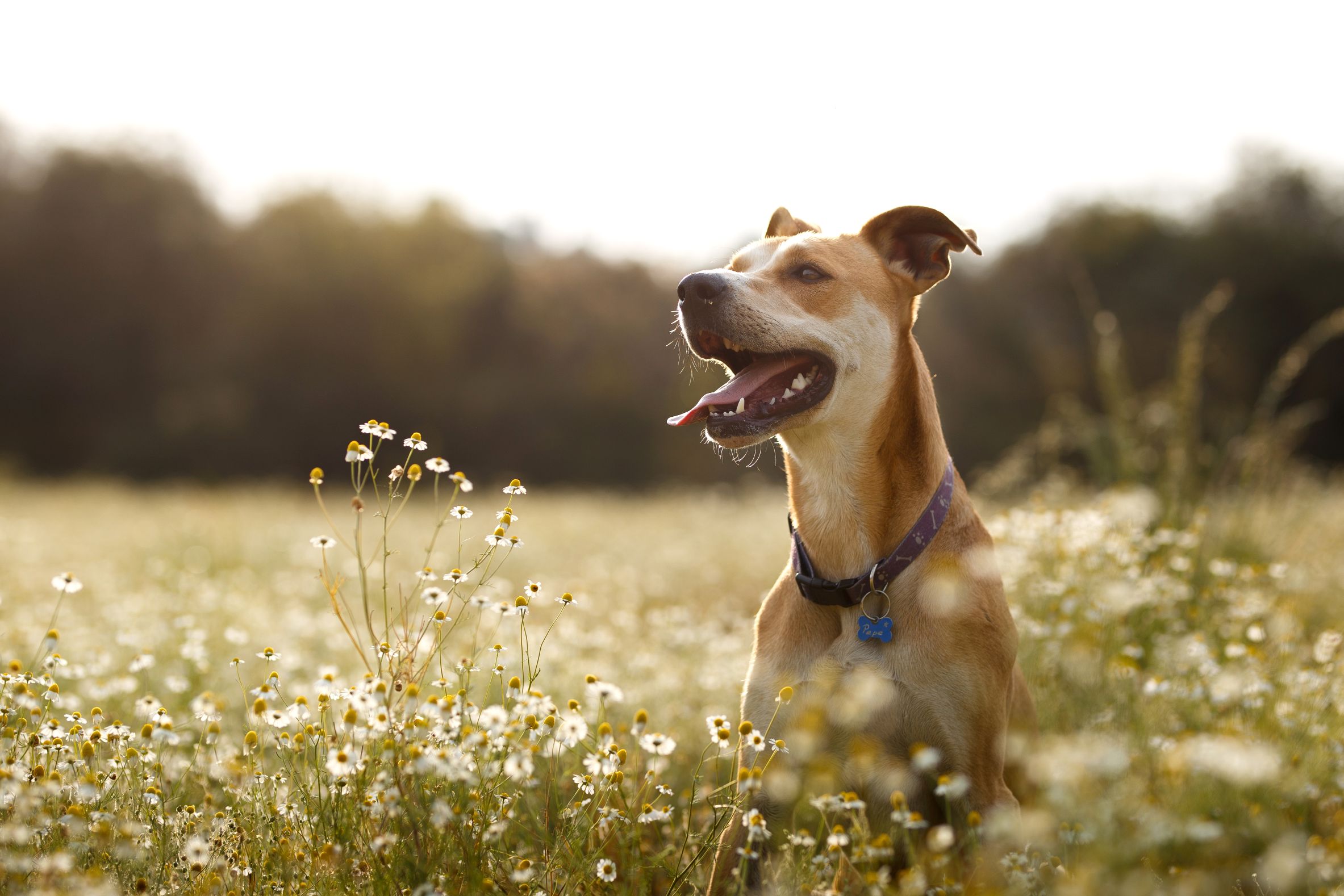Should Your Dog Get the Leptospirosis Vaccine?
Although many pet owners think their furry friends are immune to certain diseases that require vaccines, the fact is, infections aren’t just common—they have the potential to be quite contagious, too.
Leptospirosis, or Lepto, is a bacterial infection carried by many different animal species (including humans) that live in rural, suburban, and urban communities. Luckily, the Leptospirosis vaccine can protect your dog, and your entire family.
The Strains of Lepto
The Leptospirosis vaccine targets the four most common strains of the Leptospira bacteria found today. Most cases of the infection occur after exposure to two main strains, and for dogs that haven’t received the vaccine previously, it may be recommended that they get a series of two shots for full protection. Puppies are at higher risk.
For Good Reason
Leptospirosis can be fatal, which is why the Leptospirosis vaccine is so important. By vaccinating your dog, you are guarding their health and wellness, while preventing costly diagnostic tests, medications, and other therapies to combat the disease.
A Zoonotic Disease
Lepto is a zoonotic disease, which means it can pass between animals and people. Responsible for causing flu-like symptoms in humans, serious cases can lead to liver or kidney disease.
The Leptospirosis vaccine not only protects your dog, but reduces the chances of passing it to other members of the household.
Watery Areas
Leptospirosis bacteria is shed through the urine of infected animals, such as cattle, pigs, sheep, and wildlife like raccoons, deer, rats, and mice. Known to persist for long periods of time in the natural environment, the bacteria can reproduce in the wet soil and water. It is also common in areas with warm weather and high rains, Leptospirosis.
Rate of Lepto Transmission
If your dog drinks from stagnant water, swims in brackish ponds, or simply walks through contaminated water, the Lepto bacteria can enter through any open skin or through the mucous membranes (like the mouth, eyes and nose). Even a short visit to the dog park can result in disease transmission between unvaccinated dogs, and the risk increases during the warmer months or after high rainfall.
The Leptospirosis Vaccine & More
In addition to the Leptospirosis vaccine, you can protect your dog by:
- Training them to avoid standing water.
- Practicing good hygiene, and teaching younger family members to wash hands after any time with other animals.
- Wearing protective gloves if you have to work in soil or around possibly contaminated water sources.
Always note even slight changes in behavior and call us if your dog shows these symptoms:
- Vomiting
- Diarrhea
- Fever
- Appetite loss
- Lethargy
- Weakness
- Depression
- Jaundice (a yellow look to the whites of the eyes or gums)
If you have any questions or concerns about the Leptospirosis vaccine, and the many ways to protect your dog from contagious disease, please call us at (916) 794-8520. Our team is always here for you at Sunrise Boulevard Animal Hospital.

